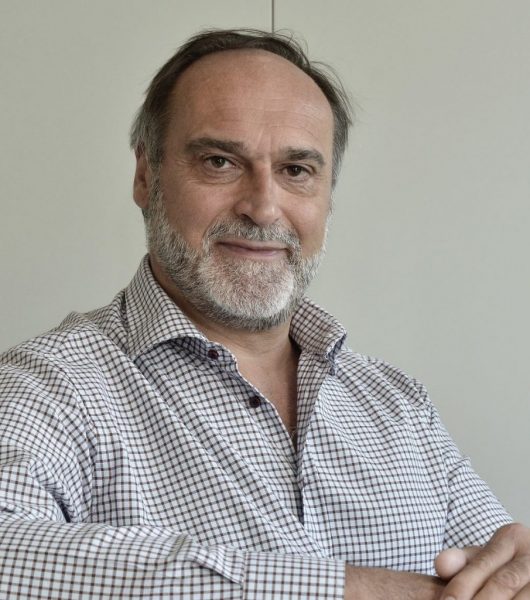Quantum bits ignite the engine of innovation
University of Trento, Fondazione Bruno Kessler and National Institute of Nuclear Physics together to build an ecosystem of quantum sciences and technologies. Thus the Q@TN laboratory in Trento becomes an important node at national and European level for this sector and a unique setting where to design devices and create prototypes for supercomputing, secure communications and sensors
Ultra-fast big data calculators and devices that ensure secure communications are just two examples of the impact quantum technologies will have on our daily lives. To facilitate the development of an Italian quantum industry, the Q@TN laboratory has launched itself as a reference center for quantum research and technology at an Italian and European level and aims to build an ecosystem of quantum technologies that will be an engine of innovation. To this end, it covers the entire innovation chain, from university training to the development of new devices and the prototyping of systems ready for industrial production. To achieve these objectives, the University of Trento and Fondazione Bruno Kessler have signed an agreement with the National Institute of Nuclear Physics (Infn) to team up in the Q@TN project.
The signing marks the transition to a new phase for the laboratory, originated at the University of Trento in 2017 from the collaboration between the University of Trento, Fondazione Bruno Kessler and the National Research Council (Cnr) with the support of the Autonomous Province of Trento and the Caritro Foundation to promote training, research and innovation in quantum sciences and technologies.
Lorenzo Pavesi, Q@TN Director, commented: «With this act the first phase of Q@TN comes to an end and a new phase begins, with the ambition of becoming an important node in quantum technologies at national and European level. We want to build, together with national partners, an ecosystem on quantum technologies that will enhance both human capital through training projects and product and industrial process innovation».
Raffaele Tripiccione, Infn researcher added: “The National Institute of Nuclear Physics strongly supports this initiative, which lays the foundations for a virtuous synergy between the various skills available in Italy in this sector, promoting the integration of a strong ecosystem national, that is open to other actors active in the national arena”.
“The second phase of the Q@TN laboratory”, stressed Gianluigi Casse, director of the FBK Center for Sensors and Devices, “has excellent prospects both for the local area and at national and European level. In the varied and multidisciplinary Q@TN environment, FBK’s facilities offer technologies for the development of new quantum devices. One of the reasons that guided the investments we made in our clean rooms for the enhancement of nano-manufacturing capabilities, i.e. the funds obtained with the ERDF and IPCEI projects, was the increase in the production capability for quantum science and technology-based devices. The technological platforms added in this way open spaces for prototyping both for the Q@TN research, and for a quantum industry now embryonic but bound to great expansion “.
The balance of Q@TN’s first years of activity includes 4.5 million in funding for research projects, the filing of five patents, over 55 scientific publications and 24 students of the multidisciplinary doctoral program in Quantum Sciences and Technologies.
As the first action of the new phase, the Q@TN laboratory promotes a call for access to computing resources on quantum computers made available by Cineca to support research and development projects in collaboration between the various Q@TN structures.
One of the next steps will be to open Q@TN’s technological infrastructure, the FBK Quantum Technology Hub, to Italian research so that it can experiment new concepts and ideas on advanced technological platforms with the aim of creating new quantum devices. In the past, Quantum Technology Hub has developed technologies covered by patents in ultra-high resolution in microscopy (Supertwin project), in cryptography key generation (Siquro project) and in integrated systems for quantum simulators (Epiqus project). This infrastructure will also be used by Infn researchers to contribute to the development of very high-precision detectors for fundamental physics experiments.
The areas in which Q@TN will be engaged are five: the development of new knowledge through further study of quantum sciences, the use of the quantum paradigm to enable new secure communication protocols, the overcoming of current limits in automated computation through the use of qubits instead of classical bits in new quantum computing architectures, the modeling of complex phenomena through quantum simulators that allow to reproduce their evolution in controlled systems and finally the use of the quantum properties of microscopic systems to create sensors with very high resolution and sensitivity.

